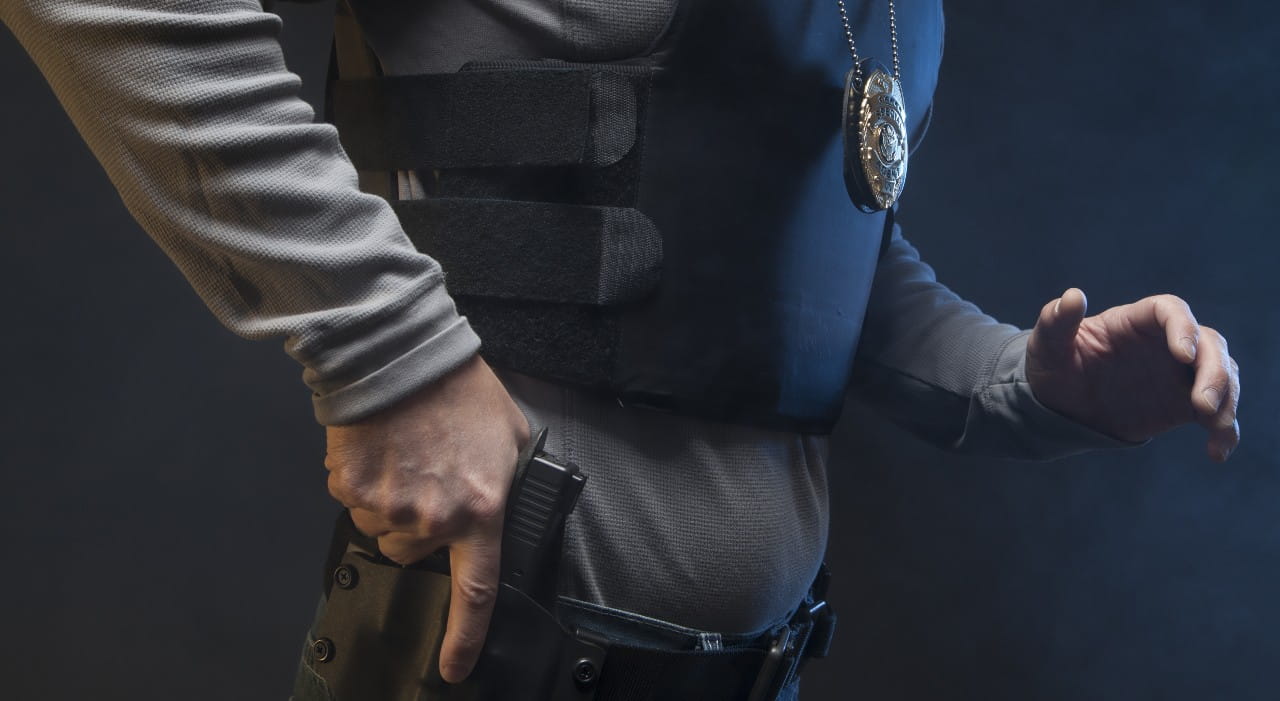As it is throughout most of the United States, prostitution is illegal in Arizona. That said the exact definition and mandatory minimum punishment can vary from city to city throughout the state.
Pursuant to ARS 13 3214, the prostitution definition prohibits certain acts. The exact definition can be found in ARS 13-3211(5). This statute prohibits:
ARS 13-3211(5), therefore covers not only the actions of a prostitute, but also the customer who is alleged to have solicited (or attempted to solicit) the prostitute.
Arizona solicitation laws are encompassed within the prostitution definition and codified in ARS 13 3214 and ARS 13 3211. Additionally, under ARS 13-1002, the solicitation meaning is further defined as:
Another person to engage in prostitution.
As stated above, not only are the actions of a prostitute prohibited under Arizona law but so are the actions of those accused of having solicited the services of a prostitute.
There are a number of offenses which are generally listed under the heading of pimping and pandering. They cover different acts and appear under different labels. Included in this group are:
There is obviously some duplication here, and the facts of your case may appear to fit the definition of more than one offense.

The classification and penalty for engaging in prostitution or a related offense varies significantly with the offense. These crimes include misdemeanors and felonies and normally involve minimum jail time.
The offense itself – paying for or receiving money or something else of value in exchange for sexual conduct – is generally a class 1 misdemeanor. If you have three or more prior convictions for prostitution, you will be charged with a class 5 felony.
In addition to the harsh penalties for a solicitation conviction, there are several other collateral consequences which may also impact those convicted.
Arizona sex offender laws pursuant to ARS 13 3821, require those convicted of certain sex crimes to register as a sex offender and be placed on the Arizona sex offender register.
Neither a charge nor a conviction for under ARS 13 3214 or solicitation require placement on the Arizona sex offender registry, so long as the other party is an adult. That said, a conviction for luring a minor or child prostitution will require that a defendant be placed on the Arizona sex offender registry.
Prostitution arrests are widely regarded as a crime of moral turpitude (CIMT) and can have irreversible impacts on a person’s ability to obtain US citizenship. Speaking to both an experienced criminal defense attorney as well as an immigration attorney before making any decisions regarding plea negotiations or statements to state or federal officials is of the utmost importance.
Under ARS 13 1405, the Arizona age of consent is 18 years old. This means that a person under the age of 18 cannot legally consent to sexual contact with an adult.
This concept is an important distinction as child prostitution or luring a minor are separate crimes with much harsher punishments under Arizona law.
There are various defenses to a charge, and the applicability of one or more of these defenses will depend upon the specifics of your case. That said, those looking to learn how to beat a solicitation charge should review the common solicitation defenses below.
As is the case with most sex crimes, a stigma and assumption of guilt can often accompany an arrest. However, it is important to remember that it is not your obligation to prove your innocence – in fact the State has the burden to prove your guilt beyond a reasonable doubt.

Most sex crimes cases often depend on a confession by the accused. Many times, these confessions are obtained only after intense interrogations. As such, attacking the reliability of a confession is paramount to a solid defense strategy.
In a defense of entrapment, the defense must show the crime was:
1) triggered by law enforcement personnel or their agents;
2) that police induced you to commit the offense; and
3) that you were not predisposed to commit the offense prior to being induced to do so by the police.
Entrapment, whether the issue is a sting or not, is an affirmative defense under ARS 13-206. That means that the defendant has the burden of proof and to prevail must prove the elements of the defense by clear and convincing evidence.
Many times, cases involve a witness unknown to the defendant, sometimes even the prostitute. Establishing and eroding the credibility of an eyewitness or victim’s testimony is an essential a part of an effective defense.
There may be no physical evidence which means that the entire case could hinge on the testimony of a witness which may be a complete fabrication of the truth.
Mistaken identity can take many forms. However, if the prosecution names you as the defendant based on eyewitness identification, then you will want to look into attacking the eyewitness’s testimony.
Eyewitness testimony has been shown to be one of the most unreliable types of evidence. Other times a suggestive photo lineup can be used to identify you which leads to mistaken identity issues.
If you were just present when a crime was being committed, even if you knew that a crime was being committed, then you should raise a mere presence defense. If you were merely in the presence of a known prostitute, or the area in which solicitation is known to occur, then you did not have any criminal intent and did not take part in the crime.

The most common ways that police arrest those suspected of soliciting a prostitute is to patrol and observe high prostitution areas or to set up a prostitution sting. In the case of a prostitution sting, an undercover officer will pose as a prostitute and entice suspects to purchase services.
A prostitution sting typically involves an undercover officer attempting to catch people who are involved, in one way or another, in the sex trade. Because the crime is normally consensual, stings in many cases represent the only way for law enforcement to make arrests.
Not surprisingly, however, police officers sometimes become overzealous, and instead of merely acting within a suspected situation, they create the crime which, but for their actions, would not exist. If the defense submits evidence demonstrating that law enforcement personnel became overbearing or coercive and that but for the police conduct the offense would not have occurred, this may provide a defense to the charge.
It is a common misconception that undercover cops have to tell you that they are police, if asked directly. However, under US law, police officers are permitted to lie and mislead suspects. Therefore, if you hope to differentiate an undercover cop from a prostitute, simply asking will not work.
The bottom line is that there is no definitive way to tell if it’s a prostitution sting. That said, undercover law enforcement will normally get straight to negotiations as they should not engage in any sex acts. Commonly, undercover cops will work quickly to encourage a suspect to state clearly their intentions to pay a certain sum of money for a specific sex act.

If you are charged with prostitution or a related crime, there are many questions to be resolved. Remember that the prosecution must establish its case against you beyond a reasonable doubt. As an Arizona prostitution lawyer works your case, issues may arise as to the sufficiency of the evidence against you which could lead to a dismissal of the charges against you.
At Feldman & Royle, we can provide you with the answers you need. Call us or get a free consultation to speak to an experienced prostitution lawyer in Phoenix and get an honest evaluation of your case.

No tags assigned to this post.